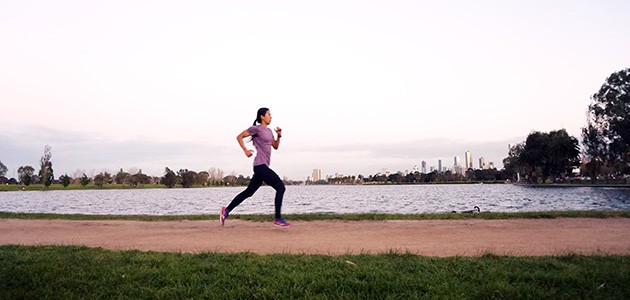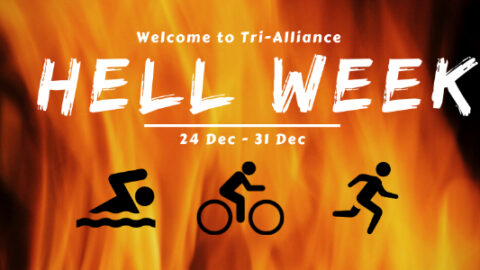SPORTS SCIENCE SNIPPET #2
As triathletes, we are totally and utterly OBSESSED with time. Whether that be time on the bike, our swim splits, or the race time of the athlete who finished just in front of us. And while I understand this obsession, what we should really be focusing on is becoming ‘economical users of our time’. This simply means we aim to minimise our energy costs when performing a certain action over a given time-period.
For example: Why is it that two runners can both run at 4:00 min/km pace for 5km, yet one be much more fatigued at the end? In this example, the less fatigued runner is experienced with technique training, while the other is an untrained novice. If we were to take measurements throughout, we would notice that the novice runner has a higher average heart rate and a greater total oxygen consumption. Together, these measurements tell us that the novice is using more energy to perform the SAME amount of work as the experienced runner.
This is an example of POOR running economy.
So outside improving our cardiovascular fitness, how else can we improve our running economy? The answer is TECHNIQUE. Have you ever looked at trained long-distance runners and noticed that they look like they’re floating? These runners have spent years perfecting their technique and it benefits them in two ways;
- The number of muscles involved in running decreases as their technique improves, so that eventually the minimal number of muscles required are activated and,
- The timing of when these specific muscles are activated becomes more appropriate.
 These changes in a technique-trained runners muscle use, reflects an organisation of their motor control system which allows them to take advantage of the physical properties of the environment such as gravity. By doing this, they reduce their energy costs, improve their economy and establish a base for successful skill performance.
These changes in a technique-trained runners muscle use, reflects an organisation of their motor control system which allows them to take advantage of the physical properties of the environment such as gravity. By doing this, they reduce their energy costs, improve their economy and establish a base for successful skill performance.
Improvements in performance are all about controlling the control-able’s. We’re not all born with the physiology of the marathon runner, however ALL of us can control our technique.








